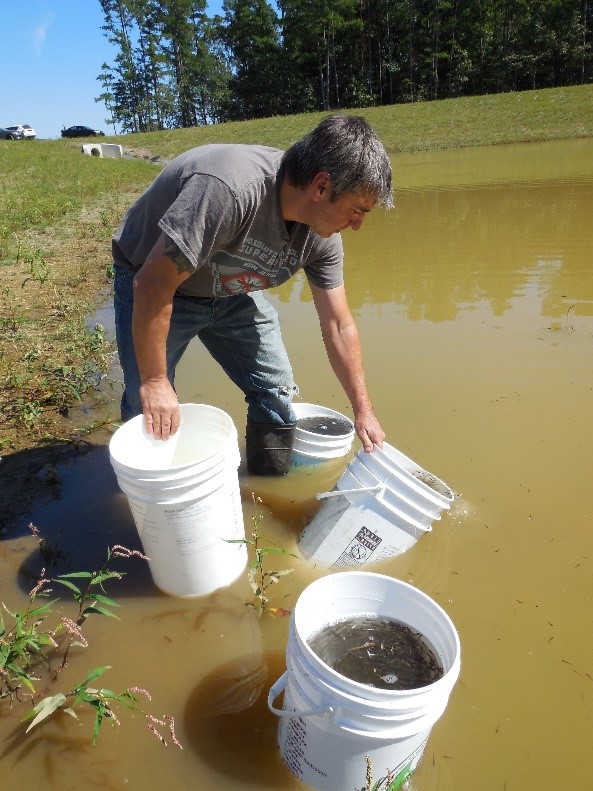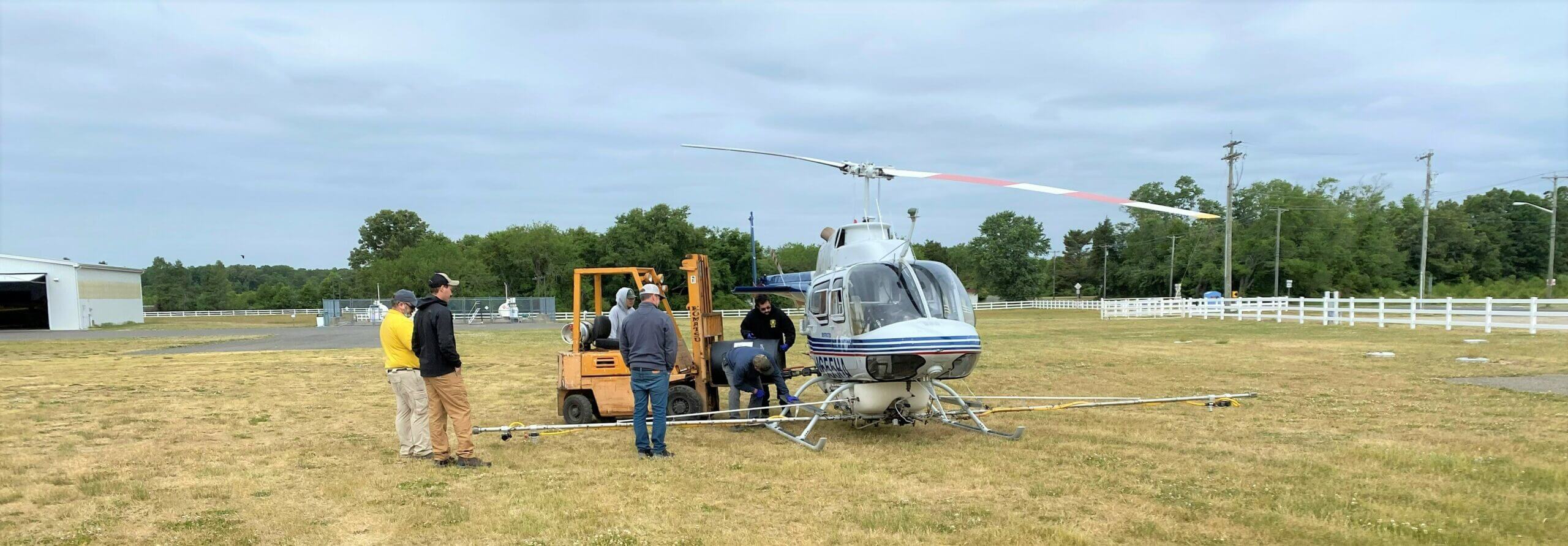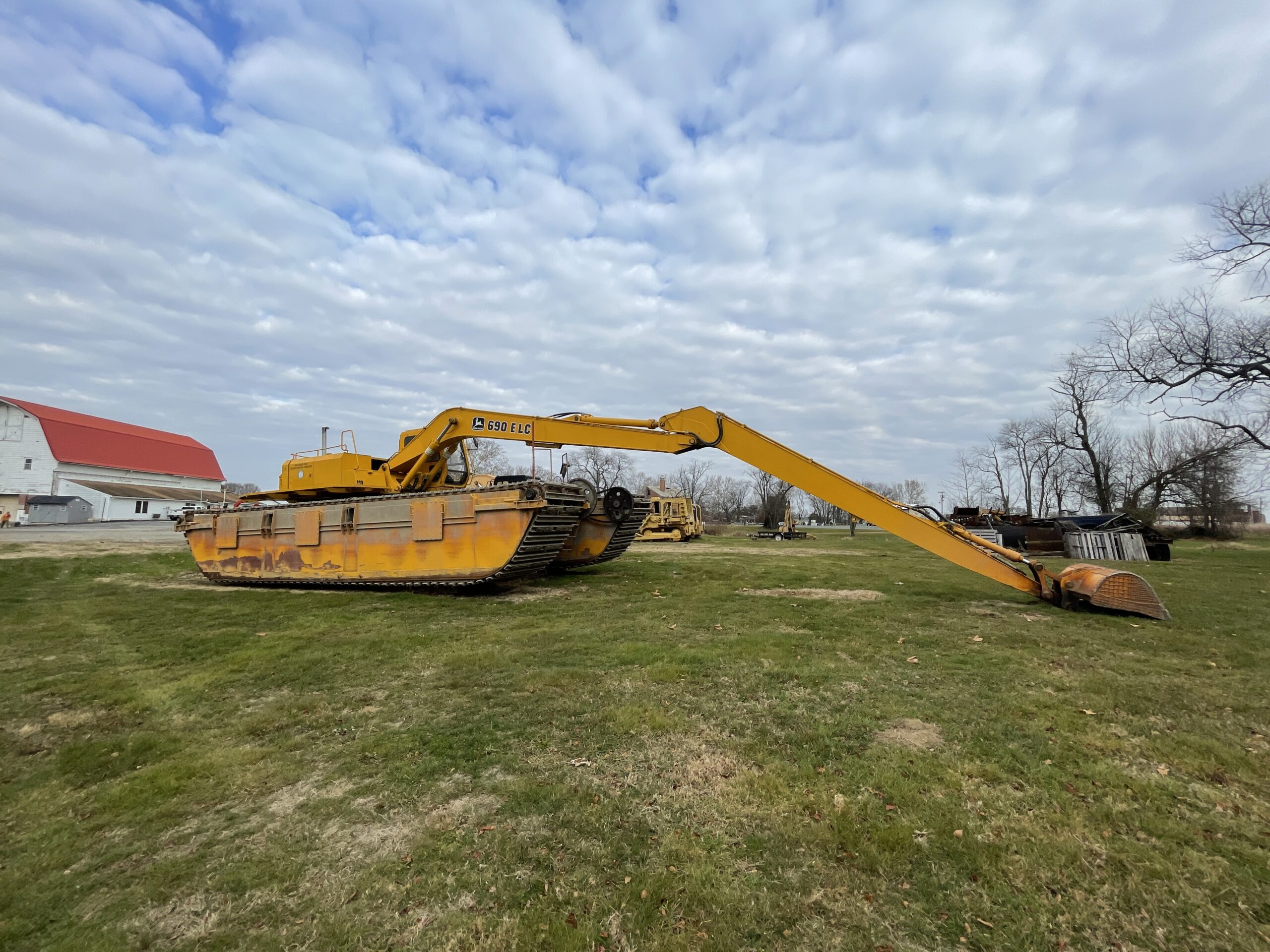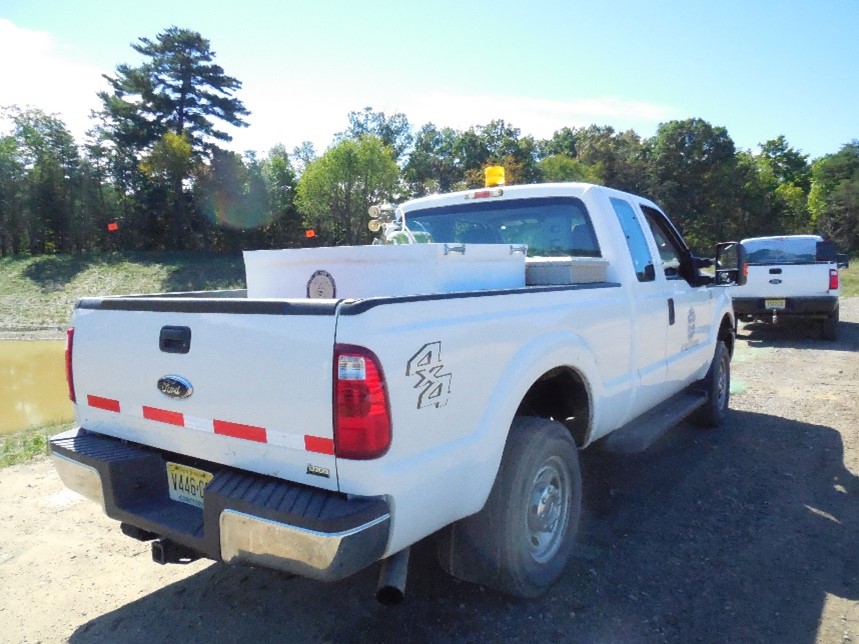OMCC programs are funded through SMCC to support statewide mosquito control and research efforts. Our most active are:

WATER MANAGEMENT
Source reduction, or water management, is viewed as the most efficient method of mosquito control. In general, water management can be defined as the enhancement of the environment to reduce or eliminate those habitats favorable to mosquito production. Although water management techniques vary depending upon the mosquito species and their breeding habitats, all accomplish two major objectives: (1)they provide long term or permanent control, and (2)they eliminate the need for the repeated use of chemicals in the managed areas. The commission has provided state aid to various county mosquito control agencies to support water management projects since 1956.
- Best Management Practices for Mosquito Control and Freshwater Wetlands Management
- Open Marsh Water Management Standards for Salt Marsh Mosquito Control

Mosquito Airspray Program
This statutory program services counties bordering on the Atlantic Ocean contracting aircraft for the surveillance and application of various “mosquito-cides” over large mosquito infested areas that pose a major public nuisance and/or threat to human and animal health. The program has expanded, pending the availability of funding, to service other areas in need several times since the passage of this 1949 law.

State Equipment Use Program
Over 100 pieces of equipment, from specialized low-ground pressure hydraulic excavators to laboratory equipment, are available to county mosquito control agencies, as well as state partners, for mosquito related research and control projects. OMCC administers this program with funds appropriated annually by the commission which also assists with the reimbursement of the expense of repairs to this often-specialized equipment

Biological Control Program
With support from The Charles O. Hayford State Fish Hatchery, the commission funds the raising of five fish species: mosquitofish (Gambusia affinis) fathead minnow (Pimephales promelas), freshwater killifish (Fundulus diaphanus), pumpkinseed sunfish (Lepomis gibbosus) and bluegill sunfish (Lepomis macrochirus), for biological control of mosquitoes in areas where fish populations can be sustained.

RESEARCH AND DEVELOPMENT
The commission annually allocates funds to support mosquito-related research. The provision of funds and use of state-owned equipment for research has been an investment primarily geared toward the development of more environmentally-sound mosquito control methods in New Jersey. In the past, This research has focused on mosquito biology, mosquito-borne disease, pesticide use, and impacts of mosquito control activities on the state’s wetlands.

Vector Surveillance Program
OMCC works with the twenty-one county mosquito control agencies, Rutgers University, and the NJ Department of Health to monitor statewide mosquito populations and mosquito-borne diseases. This includes arboviruses such as Eastern Equine Encephalitis (EEE), West Nile Virus (WNV), and Jamestown Canyon Virus (JCV), among others. Samples are collected and tested weekly during the active season so that a weekly report can be generated and used to assess vector and disease activity.
 Official Site of The State of New Jersey
Official Site of The State of New Jersey
